Lyndsie Manusos’s fiction has appeared in PANK, SmokeLong Quarterly, and other publications. She holds an MFA from the School of the Art Institute of Chicago and has worked in web production and content management. When she’s not nesting among her books and rough drafts, she’s chasing the baby while the dog watches in confused amusement. She lives with her family in a suburb of Indianapolis.
In this current age of book bans and funding cuts, speaking about the love and necessity of libraries is more important than ever. Libraries are for everyone. Whether you’re a reader or not, libraries are places of community, they’re safe spaces, and they’re inherently anti-capitalist. At my local libraries (I am fortunate to have two within close driving distance), you can borrow ukuleles, video games, craft kits, museum passes, and more. That’s what makes libraries so unique in this highly materialistic world, and that’s why many people in power—fascists, bigots, and the ultra-rich—want to ban books and dismantle funding. They want to take the right of information, of art, of empathy, of universality, away from the masses. From you, dear reader.
I wish more people understood that.
But I digress. What we’re here to talk about, in yet another love letter to libraries, is the importance of libraries for writers. Whether you’re a journalist, fiction writer, poet, AO3 creator, blogger, beginner, amateur, prizewinner, or NYT bestseller, the library is a fundamental and all-powerful writer’s tool.
To be blunt: If you’re a writer and haven’t yet utilized the library in some fashion, you need to rethink your process.
Research: More than Books
It’s a given—at least I hope it is—that libraries are an abundant source of research, not only with book selections, primary sources, and databases, but with the librarians themselves. Years ago, when writing my first novel, much of it based on my hometown in northwest Illinois, I was in constant contact with a librarian there. Thomas, the local history librarian at the time, was an absolute superhero. Over the course of two years, he emailed PDFs and recommendations of sources that became instrumental to my work. He was always patient and encouraging with my questions, often providing information for things I didn’t even know I needed. Whether or not this novel sees the light of day (and I do hope it does), I am eternally grateful for Thomas’s time and guidance.
Check Your Shelf
Sign up to receive Check Your Shelf, the Librarian’s One-Stop Shop For News, Book Lists, And More.
Your local librarians are more than just keepers of books; they’re professional research navigators. If you don’t know where to find something, or even where to start, then I assure you, they do. And if they don’t, they’ll know exactly where to look or who to ask to get you what you need.
The Right Kind of Lost: A Pressure-Free Workspace
During my undergraduate years at the University of Missouri, I’d purposefully try to get lost in the stacks in Ellis Library. I never got lost enough, so hopeful was I to find a nook or cranny no one had discovered yet. Perhaps a part of me was looking for a portal to another world, or hoping that, like in the 90s movie The Pagemaster, the books might eventually come alive.
When I found a desk near a window or a corner, I’d study the graffiti from students before me, or I’d pick a random book from a shelf and flip through it, eager for any marginalia or pieces of notebook paper that might fall out. Libraries really are magical places if you know where to look.
If I wasn’t doing school work, I was writing. Sometimes on my computer, or in little bursts at the header or footer of class notebooks. And the best part? I wasn’t expected to do anything else. Sometimes I daydreamed and looked out the window, or people watched. I’d listen to music and simply exist.
Now, with two children under seven years old, my local library continues to be a place where I can simply be. During the school year, when both are in class, I often go to the library for an hour to write or browse. Many libraries have quiet or public work spaces, so you can choose what works best for you. Some libraries even have specific booths, desks, or rooms you can use or reserve. I prefer a simple table or desk. I’ll bring my own coffee, though my local library has a pitcher of coffee at the front. I’ll bring my laptop and headphones. It’s comforting; there is no expectation to buy anything, and no expectation to leave after a certain amount of time.
I must stress, however, that as a white woman, this pressure-free environment is also a result of immense privilege. Marginalized people, such as people of color or unhoused people, often don’t have the same pressure-free experience. We must continue to remind ourselves, both patrons and librarians, that all are welcome.
Community & Opportunities
My local library hosts a local authors fair each spring, and it keeps getting bigger. For writers who have books published in any form, this is a great opportunity to meet other writers in your area and showcase your work.
Additionally, many libraries offer writing workshops or writing groups. Check out your local libary’s calendar, and ask your local librarian for group opportunities if you’re searching to join one. Don’t have one in your area or local library branch? Create one! Go forth and start the process!
Finally, libraries can be a great place to attend author events. The local library calendar is a beautiful thing; you never know who might be coming to your local branch. You might be a huge fan of the author or discover a new author to love.
There’s so much opportunity to experience the most from your library, as a reader and writer. All the above options are ways for you to mingle, network (kindly and patiently, of course), and grow in your craft, all while being more cost-effective in comparison to traveling and paying for other, larger workshops. Of course, those are also valid options, but not everyone can afford them or have the time to take off work or parenting/caregiving. Start with your local library, dear reader, and you can’t go wrong.
Show Your Library Some Love
The library is a place and opportunity for everyone. All are welcome. For writers—speaking for myself at least—they are places of inspiration, escape, and focus. They are budget-friendly in times of skyrocketing prices, and informative during a time when reliable information is increasingly hard to come by.
Keep the magic of libraries alive while you focus on the craft of writing. Share the opportunities with other writers. Being a writer is not a competition (this should be said more often as well); it’s about growing in your art and community. It’s about all of us.
If you’re looking for more articles on the importance of libraries and what’s happening to them, check out these articles by my fellow Book Rioters:



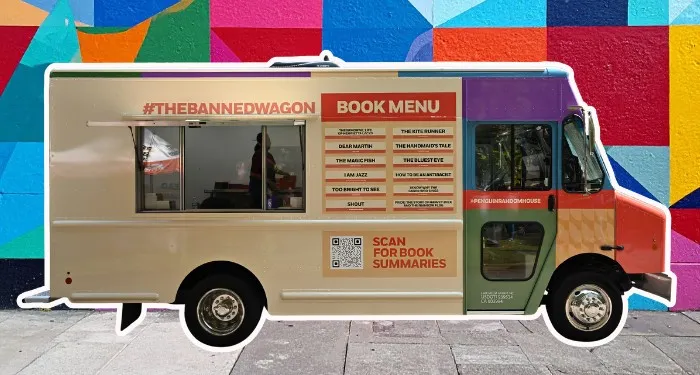
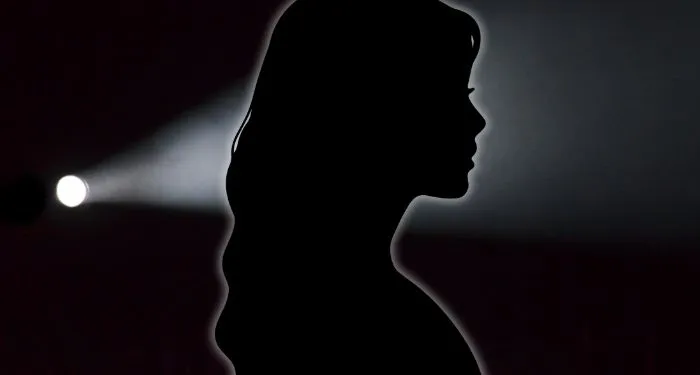
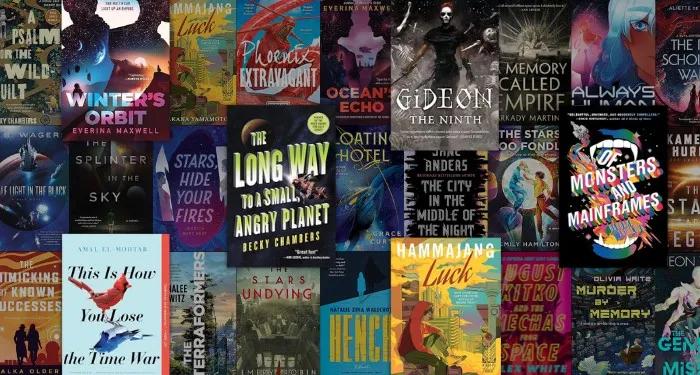
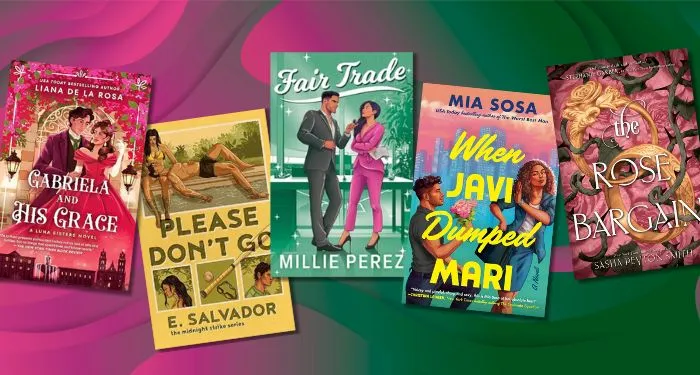
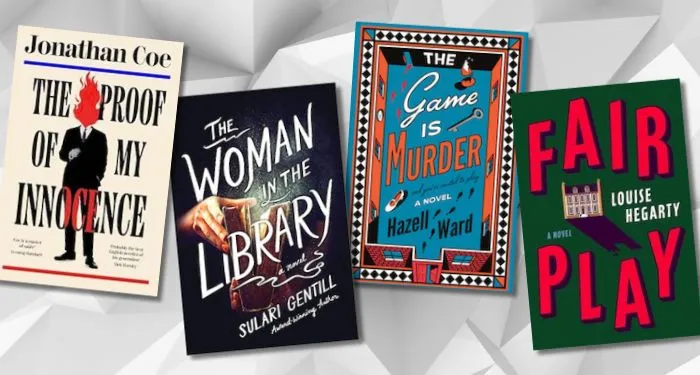
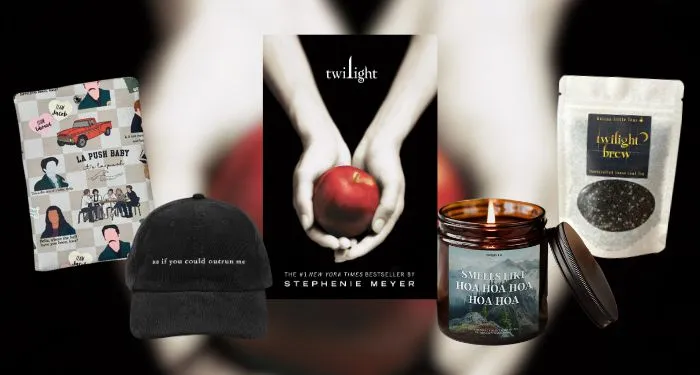


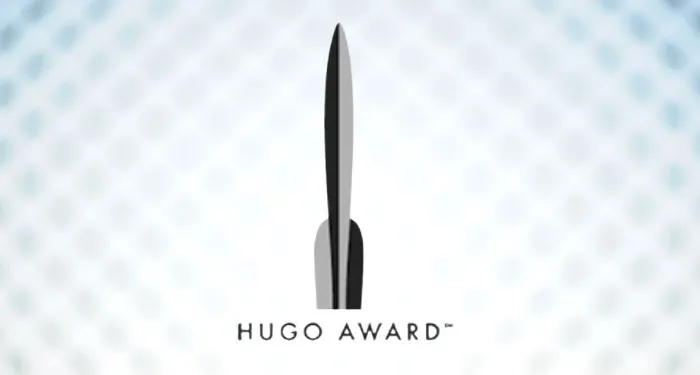
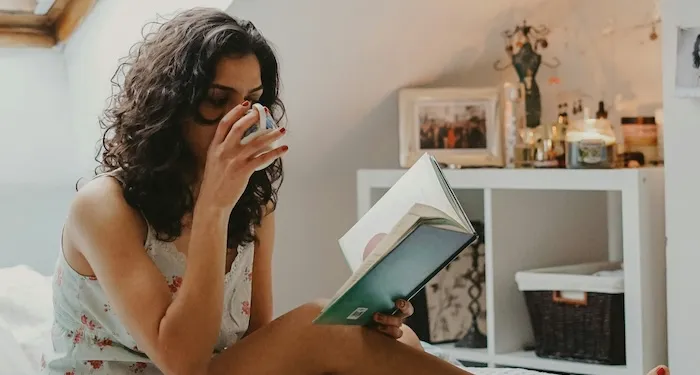
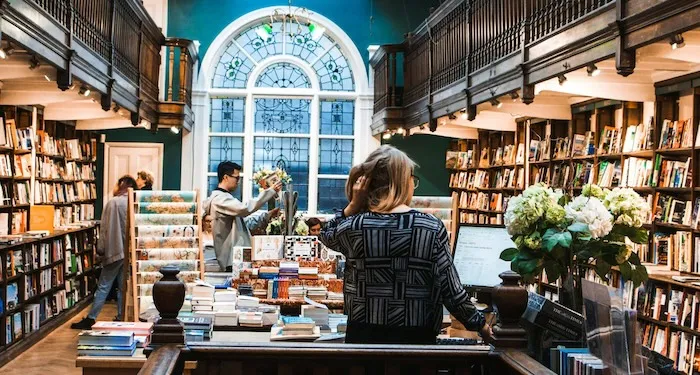





 English (US) ·
English (US) ·